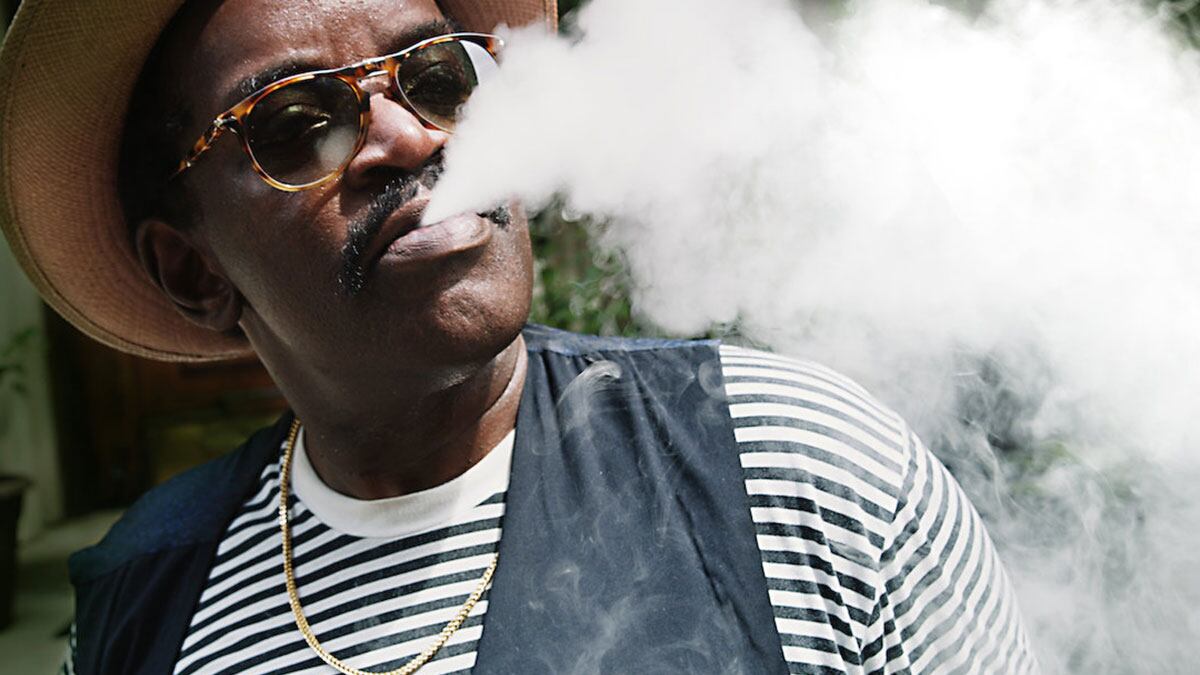America has a complex relationship with cannabis. That much is abundantly clear as a growing number of states legalize recreational use of the plant even though that conflicts with federal law. But as the movement to end prohibition continues to strengthen, it's the perfect time to take a critical look at pot's trajectory from nefarious "jive," as it was known in the early 20th century, to the normalized product of today that is displayed in sleek boutiques no differently than designer tea or coffee.
Netflix's recently released documentary, Grass Is Greener, does just that through interviews with everyone from Snoop Dogg to a handful of local leaders in the industry, including the owner of cannabis producer LOWD, Jesce Horton, and former Trail Blazers player Cliff Robinson, who was suspended during his professional career for pot use and now sells pre-rolls under the Uncle Cliffy brand.
The film provides an in-depth analysis of pot within the context of black history by examining use among jazz legends, like Louis Armstrong, as well as the way hip-hop and reggae have influenced cannabis culture. There is also much discussion about the criminal justice system's racial bias and the decades of mass incarceration that resulted. That's now juxtaposed with the current era's new yet still relatively limited avenues for entrepreneurs of color to build wealth with the substance. In doing so, hip-hop pioneer Fab 5 Freddy's directorial debut fits comfortably in the restorative justice conversation that states where cannabis is legal are now grappling with.
But when it comes to addressing cannabis's legacy first and foremost as a sacred medicine within communities of color, Dr. Rachel Knox, a Portland cannabinoid medicine specialist and co-founder of the American Cannabinoid Clinics, says the documentary made a "glaring oversight." Knox was actually interviewed alongside her family for the film and spoke about racial and ethnic health disparities. She pointed out that one important way to begin to address that gap is through weed legalization and wellness education.
"We have a system that doesn't offer us the same quality of health care as our white counterparts, yet we have a solution we can grow in our own backyards," argues Knox. "Rightfully so, we're focused on businesses and how people can be employed. [But people of color] are twice as likely to die from cancer, diseases related to obesity, addiction to prescription drugs—those issues are riddled throughout our community. Cannabis can also contribute to improving the health and well-being of a community that is suffering from mental and physical illnesses that aren't getting better."
That footage didn't make the final cut, and Knox theorizes the medical narrative may not have fit neatly into the overall storyline the producers were going for. Where cannabis "edutainment" documentaries fall short, Knox indicates it will take a coalition of the pro-cannabis—consumers, policymakers, health care professionals, and others—to step in and empower communities of color by showing them how to reclaim their health with cannabis and advocate for their right to do so. The easiest fix would be for filmmakers and storytellers to simply include medicinal cannabis history, culture, and health equity elements in their work.
"There is no 'medical' cannabis and 'recreational' cannabis. The only difference between recreating and medicating with cannabis is intent," says Knox. "It bothers me when I see documentaries that exclude the medical, the true nature of the plant."
SEE IT: Grass Is Greener streams on Netflix.

